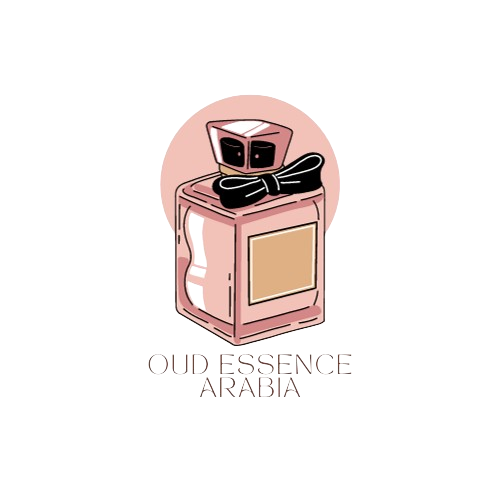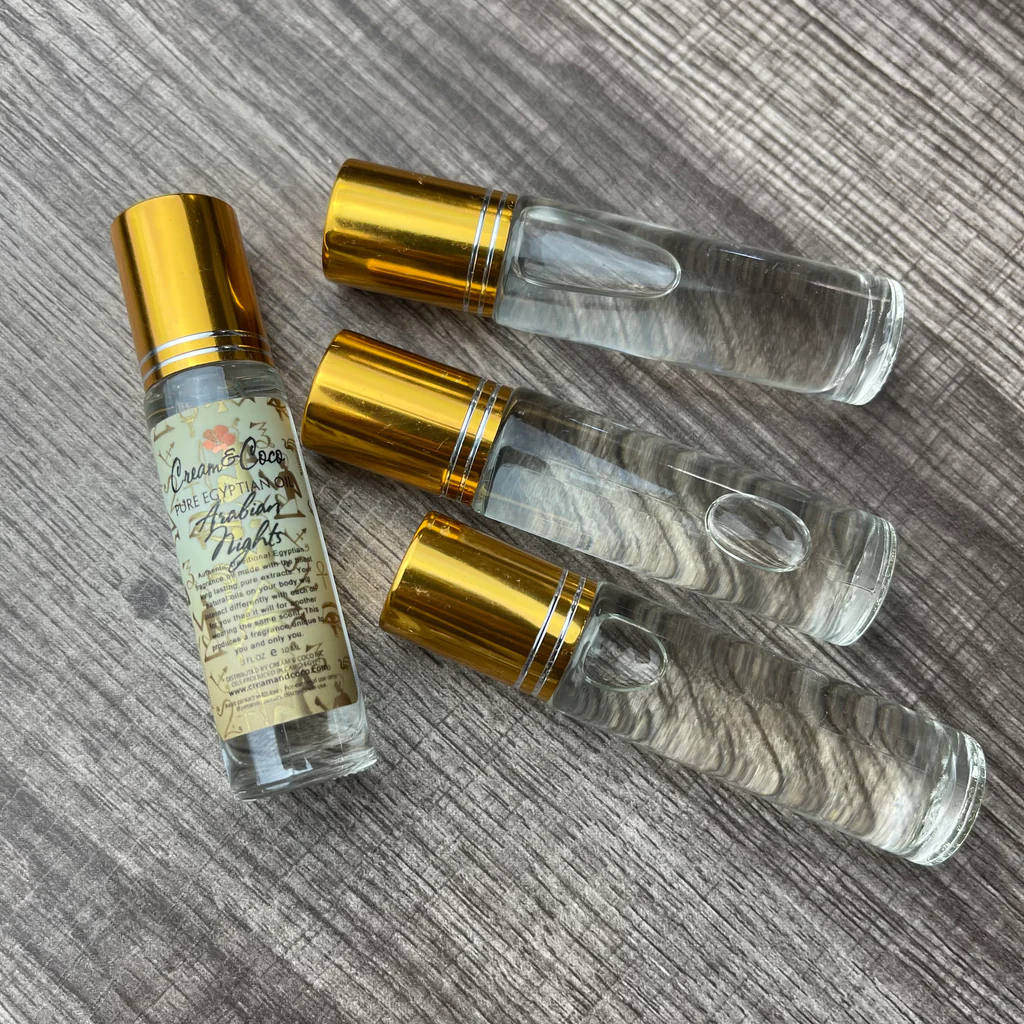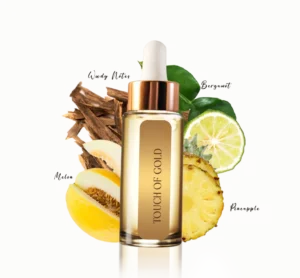Perfume holds a special place in Arabian culture, weaving its aromatic magic through centuries of tradition and heritage. Among the myriad fragrances that grace the world of perfumery, Arabian perfume oil stands out for its captivating scents and deep-rooted cultural significance. In this blog post, we embark on a journey to explore the enchanting world of Arabian perfume oil, delving into its origins, ingredients, cultural symbolism, and modern-day relevance.
Origins and History of Arabian Perfume Oil
Arabian perfume oil traces its origins back to ancient civilizations, where it was prized for its luxurious scents and therapeutic properties. The art of perfumery flourished in the Arabian Peninsula, with perfumers mastering the craft through generations of practice and innovation. Perfume played a central role in Arabian society, symbolizing luxury, hospitality, and personal adornment.
Ingredients and Production Process
Key ingredients such as oud, amber, musk, and floral essences form the heart of Arabian perfume oil. Oud, derived from the agarwood tree, is especially revered for its rich, woody scent and is often referred to as “liquid gold.” Traditional methods of production, including distillation and maceration, are employed to extract and blend these precious ingredients into exquisite fragrances that captivate the senses.
Cultural Significance
In Arabian culture, perfume is more than just a fragrance; it is a symbol of refinement, hospitality, and spiritual devotion. Perfume plays a pivotal role in social gatherings, religious ceremonies, and special occasions, where its enchanting aroma enhances the ambiance and fosters a sense of connection. Applying perfume before prayer is a cherished tradition, symbolizing purity and spiritual readiness.
Symbolism and Traditions
Each scent in Arabian perfume oil carries its own unique symbolism, evoking emotions and memories deeply ingrained in Arabian heritage. From the floral notes of jasmine symbolizing romance and femininity to the earthy aroma of musk representing sensuality and strength, perfume oil reflects the multifaceted aspects of Arabian culture. Gifting perfume oil is a gesture of hospitality and goodwill, expressing respect and affection for the recipient.
Modern Adaptations and Global Influence
In recent years, Arabian perfume oil has garnered widespread popularity beyond the Arabian Peninsula, influencing modern perfumery trends worldwide. Luxury fragrance brands incorporate Arabian-inspired scents into their collections, showcasing the timeless allure and sophistication of Arabian perfume oil. Despite its global reach, the essence of Arabian perfumery remains rooted in tradition, preserving the rich cultural heritage of the region.
Sustainable Practices and Ethical Sourcing
As awareness grows regarding environmental conservation and ethical sourcing, the perfume industry is embracing sustainable practices to protect natural resources and support local communities. Initiatives aimed at preserving endangered ingredients and promoting fair trade practices ensure the longevity and integrity of Arabian perfume oil, safeguarding its cultural heritage for future generations to cherish.
Takeaway
Arabian perfume oil is more than just a fragrance; it is a reflection of centuries-old traditions, cultural values, and timeless elegance. Its enchanting scents weave a tapestry of stories, evoking emotions and memories deeply intertwined with Arabian heritage. As we embark on this olfactory journey, let us embrace the magic of Arabian perfume oil and celebrate its enduring cultural significance.






